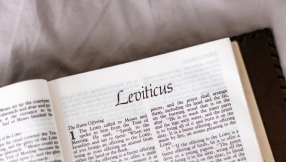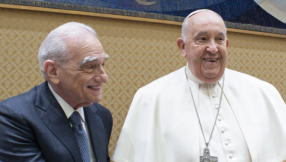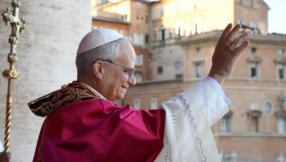
New research has found that many countries resorted to some form of force to make religious groups comply with Covid-19 worship restrictions.
The study by Pew Research looked at 198 countries and territories worldwide and found that in a quarter of them, governments used physical force like arrests and raids.
There were detentions in at least 40 countries or territories, physical assault in 11 and damage to property, confiscation of items or raids in 10. Deaths were recorded in three.
In many countries, religious groups were accused of spreading Covid-19. In 18 of them, it was the authorities who linked religious groups or gatherings to the spread of the virus. Across 39 countries - a fifth of all studied - the accusation came from private individuals or groups.
"In Egypt, conspiracy theories blamed the pandemic on the Coptic Orthodox Christian minority, which international Christian observers said exacerbated the discrimination the minority group already faced," Pew said.
Elsewhere in the report it said, "In Turkey, an Armenian Orthodox church's door was set on fire, and news reports said the man told police that he acted because 'they [Armenian Christians] brought the coronavirus' to Turkey."
Public health measures imposed by the authorities to prevent the spread of Covid during the pandemic were defied by religious groups in 69 countries.
READ MORE Ban on church choirs during Covid was based on 'flawed' evidence
One example cited by the report was the arrest of 15 people in April 2020 when they attended the funeral of a rabbi in New Jersey despite a state stay-at-home order.
As further evidence of discontent, religious groups in 54 countries (27%) criticized government-mandated public health measures, "often stating the rules were a violation of religious freedom."
In 45 countries (23%), religious groups felt that they were unfairly targeted by restrictions on large gatherings when compared with shops, restaurants or other businesses.
"During the Covid-19 pandemic, countries around the world restricted large gatherings to reduce the spread of the virus," Pew said.
"Religious events, including in-person worship services, were banned in many places.
"In every region of the globe, at least some religious groups protested these regulations."













